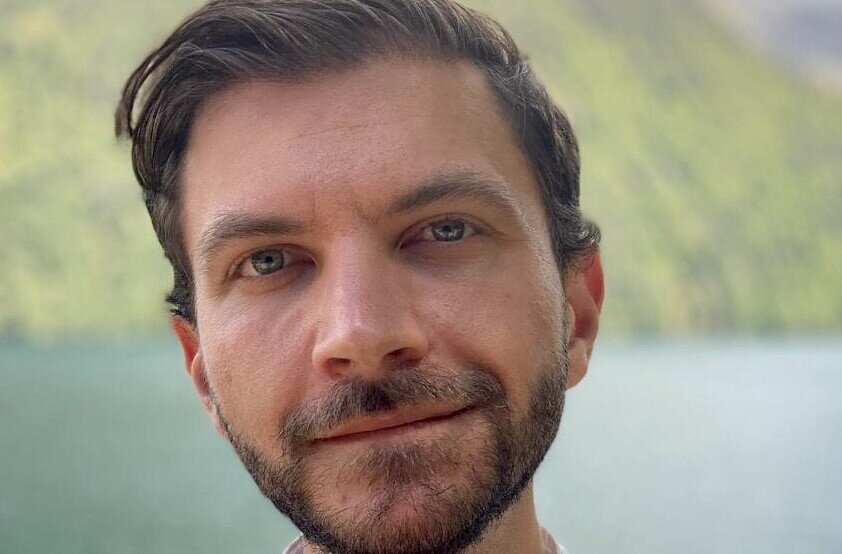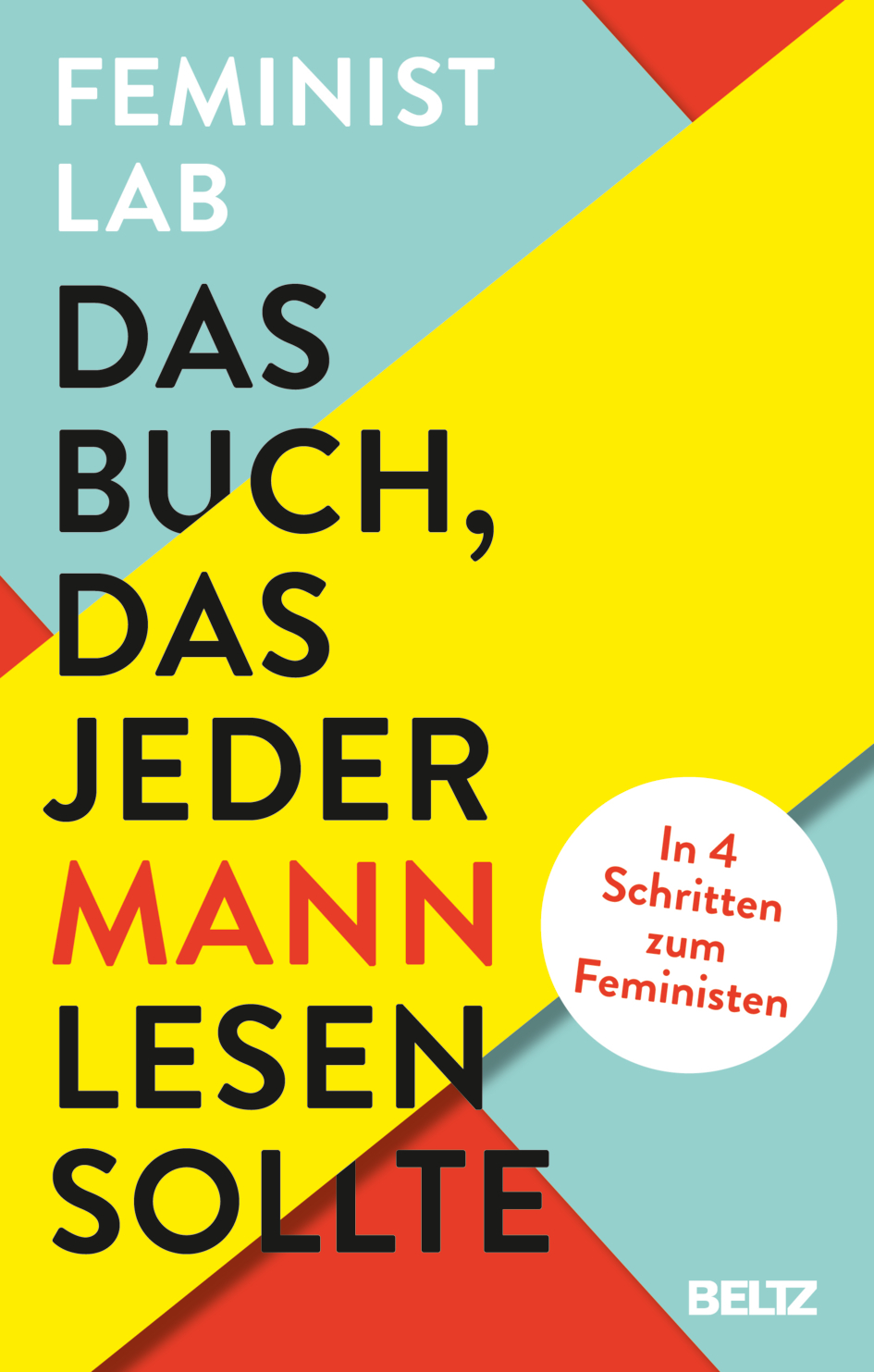
William McInerney is co-author of two new books on peace education and gender equality.
A Gates Cambridge Scholar has co-authored a book on how best to engage more men in gender equality.
 William McInerney is co-author of Das Buch, Das Jeder Mann Lesen Sollte: In 4 Schritten zum Feministen [The Book that Every Man Should Read: 4 Steps to Becoming a Feminist], which has just been released in Germany. It brings together seven authors, scholars, practitioners and activists to reflect on four practical ways to engage more men in gender equality. The book’s publisher calls it “a radically honest, personal-political approach” which “shows that where men own their commitment to achieving equality by reflecting on their privileges and role models, all genders benefit from a more open, peaceful and just world in which things are better for men too!” The book has been well received and William will be in Berlin on Monday for its official launch with the head of UN Women Germany.
William McInerney is co-author of Das Buch, Das Jeder Mann Lesen Sollte: In 4 Schritten zum Feministen [The Book that Every Man Should Read: 4 Steps to Becoming a Feminist], which has just been released in Germany. It brings together seven authors, scholars, practitioners and activists to reflect on four practical ways to engage more men in gender equality. The book’s publisher calls it “a radically honest, personal-political approach” which “shows that where men own their commitment to achieving equality by reflecting on their privileges and role models, all genders benefit from a more open, peaceful and just world in which things are better for men too!” The book has been well received and William will be in Berlin on Monday for its official launch with the head of UN Women Germany.
William [2018] is also co-editor, with Cambridge colleagues Tim Archer and Basma Hajir, of the book Innovations in Peace and Education Praxis: Transdisciplinary Reflections and Insights, published by Routledge. The book will be released at the end of the month. The authors are working with the Faculty of Education to organise some promotional materials and a book launch later in the year. The book draws on the work of the Cambridge Peace and Education Research Group as well as international scholars. It presents innovative examples of peace and education research practices as well as peace interventions in educational settings and in peace and education work generally. It prioritises the experiences, viewpoints and specific contexts of struggling populations when it comes to peace education and showcases how the practices of peace education and research can be improved through transdisciplinary approaches which embrace the complex nature of the issues involved.
Maria Hantzopoulos, Professor of Education at Vassar College, calls the book “a timely, necessary and important contribution” and “a work of passion and imagination, one that implores us to consider reflexivity in our work and commitments so that new trajectories for societal change open and emerge”.
William worked on both books throughout his PhD in Education which examined the potential benefits, challenges and risks of arts-integrated men’s violence prevention education through interviews with educators and a year-long case study of one programme. He is currently working in a post-doctoral role at the London School of Economics as a researcher in the Gender, Justice and Security Hub.












